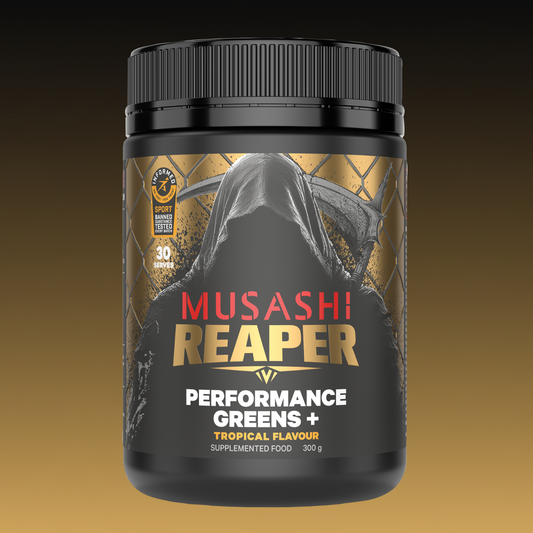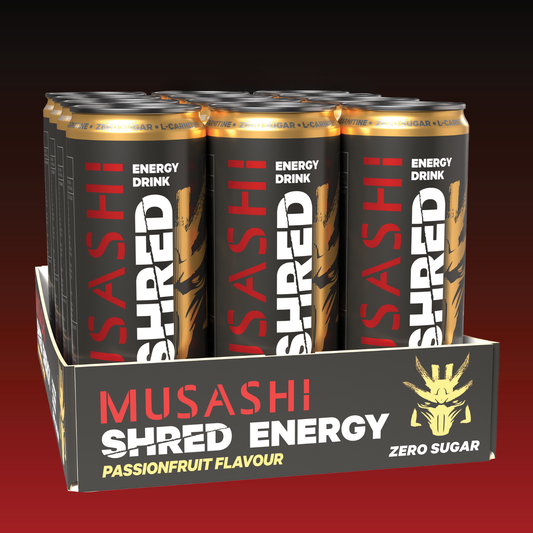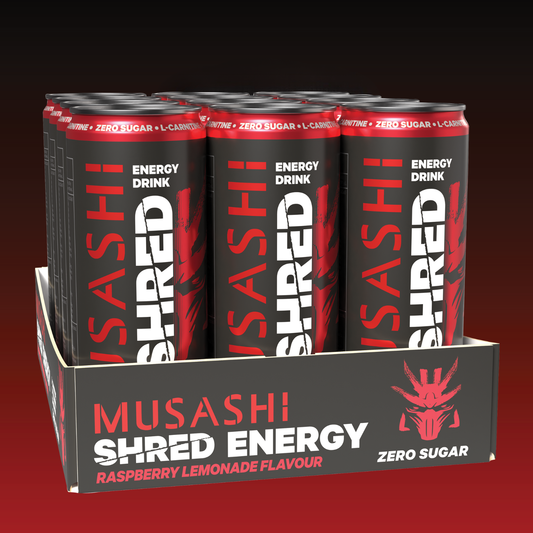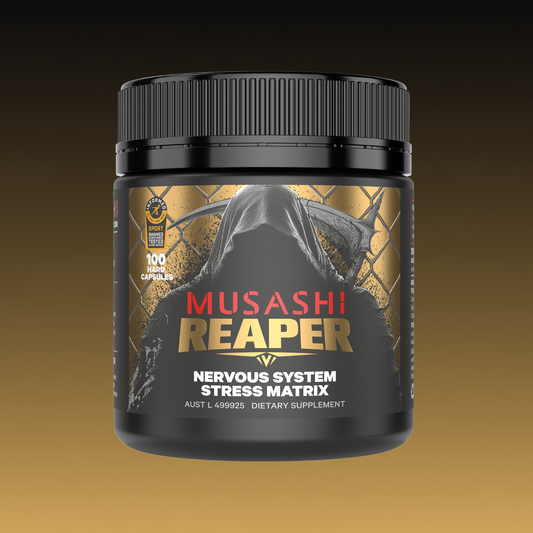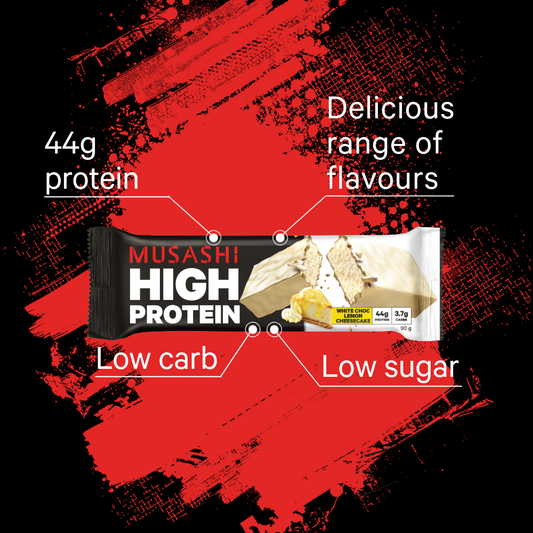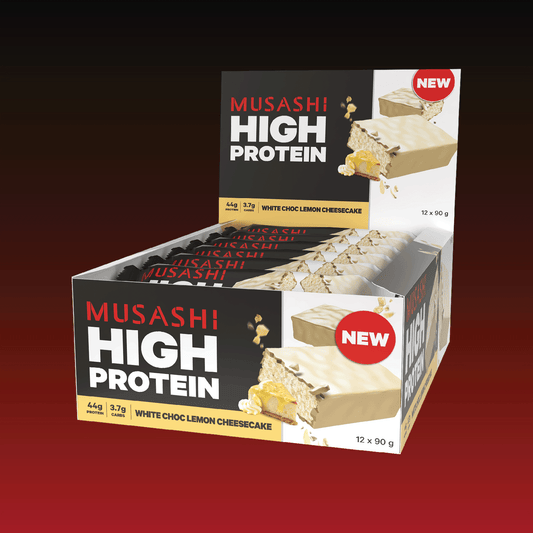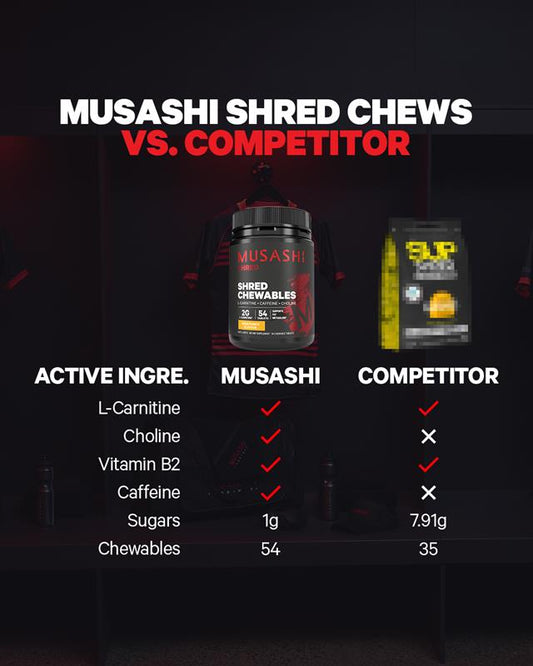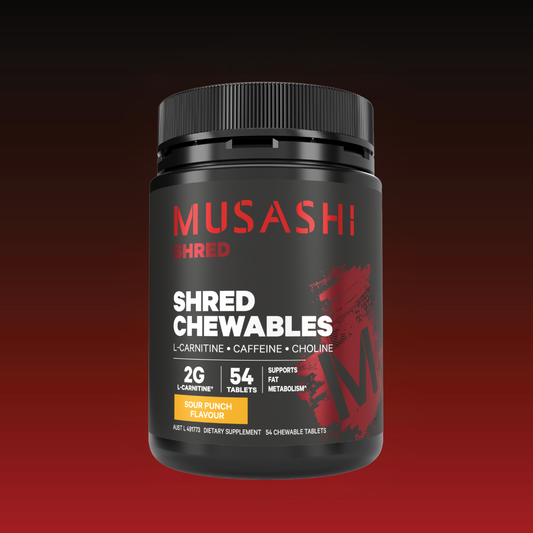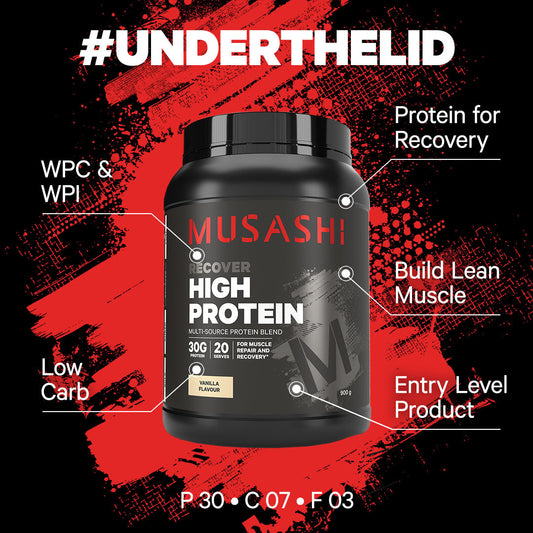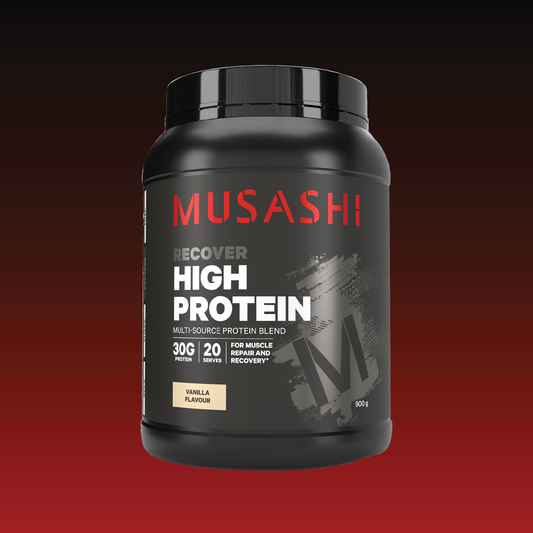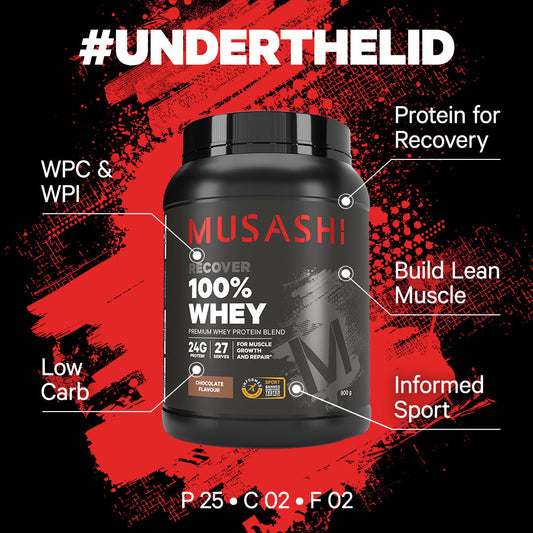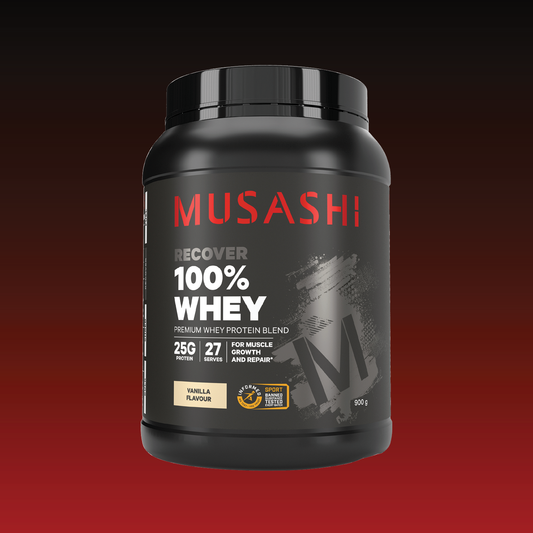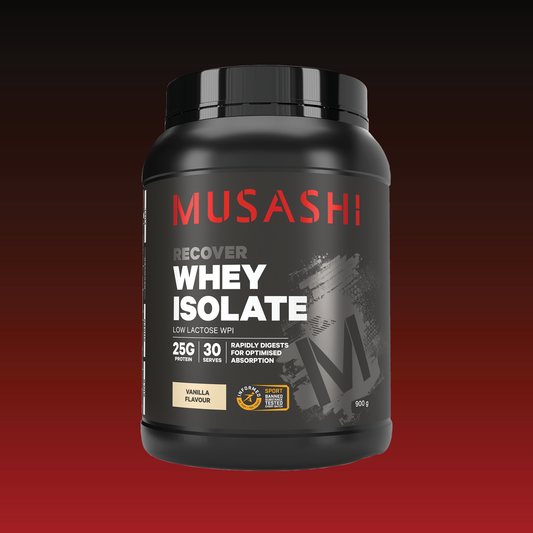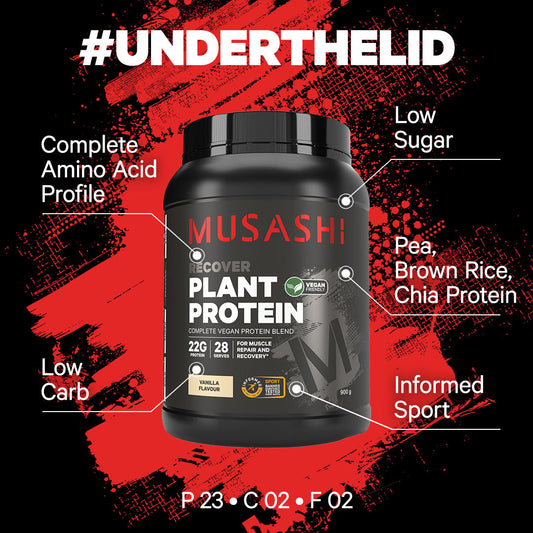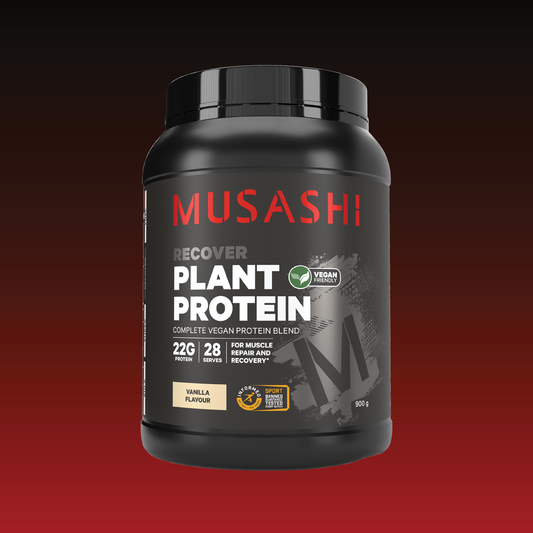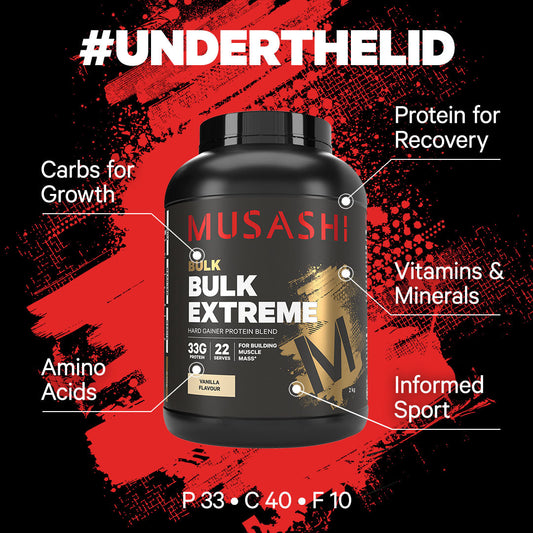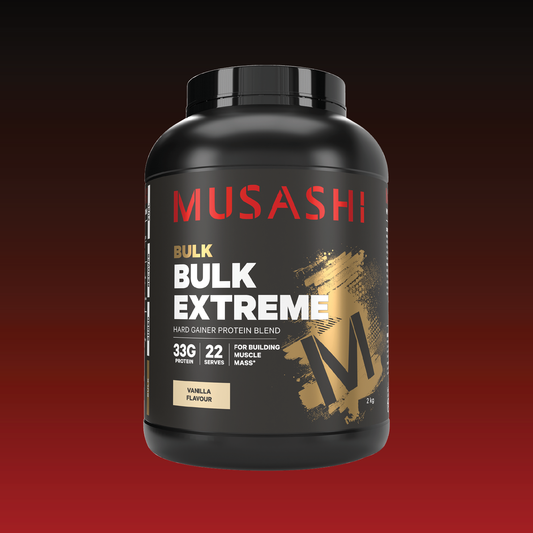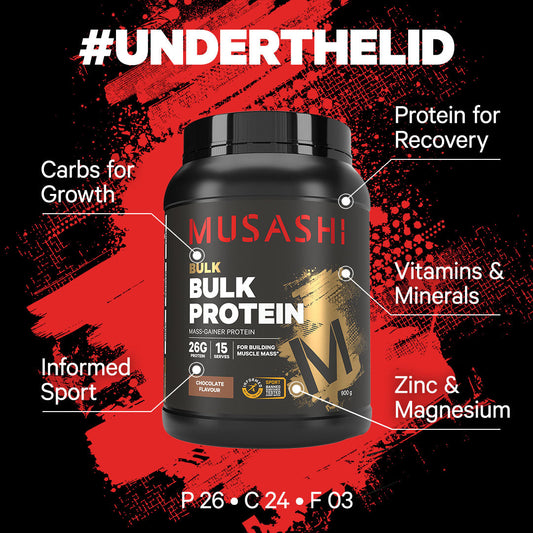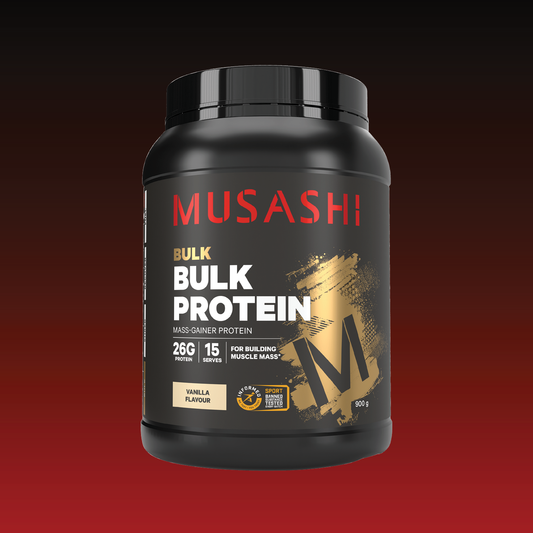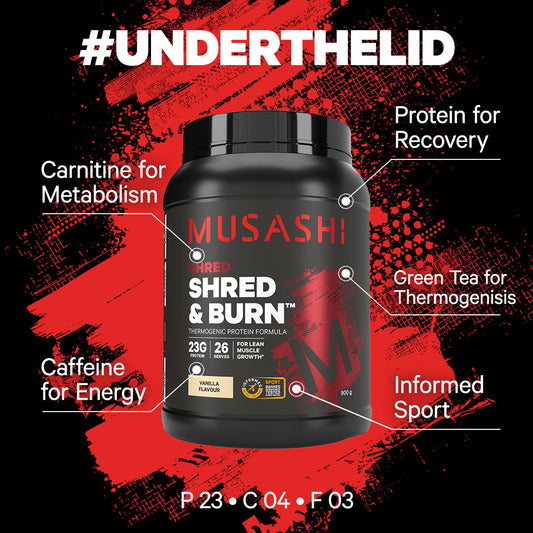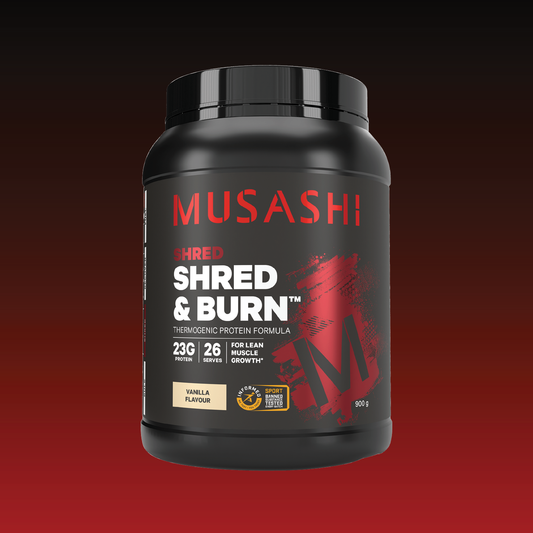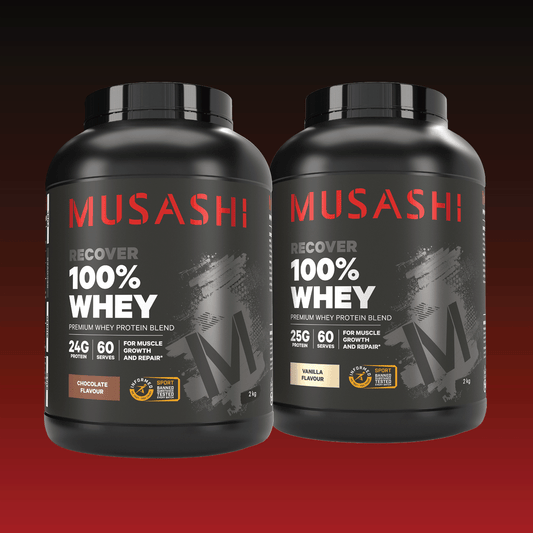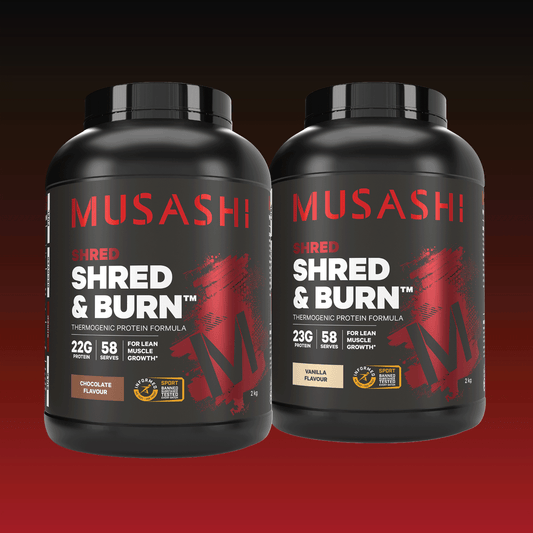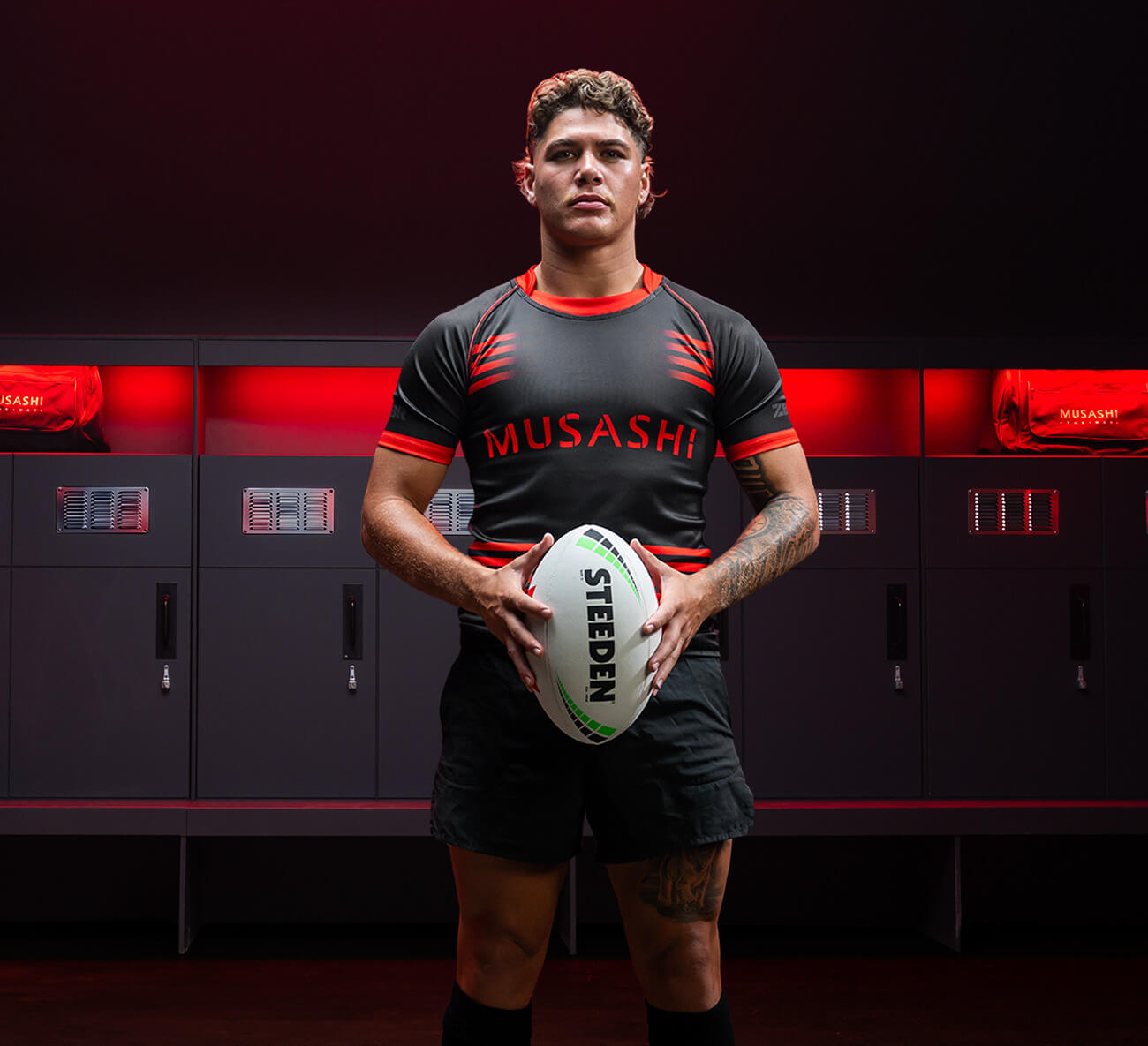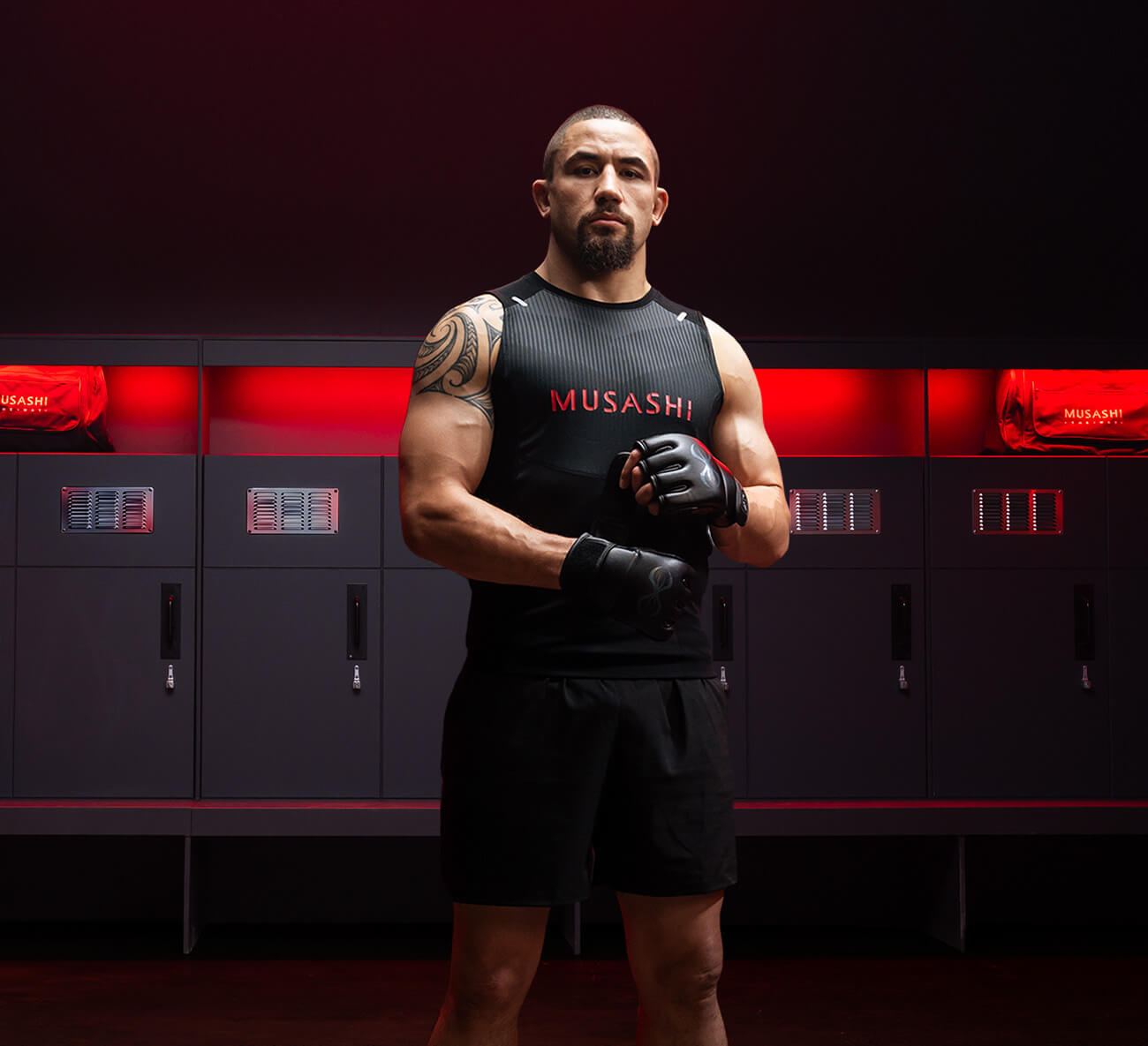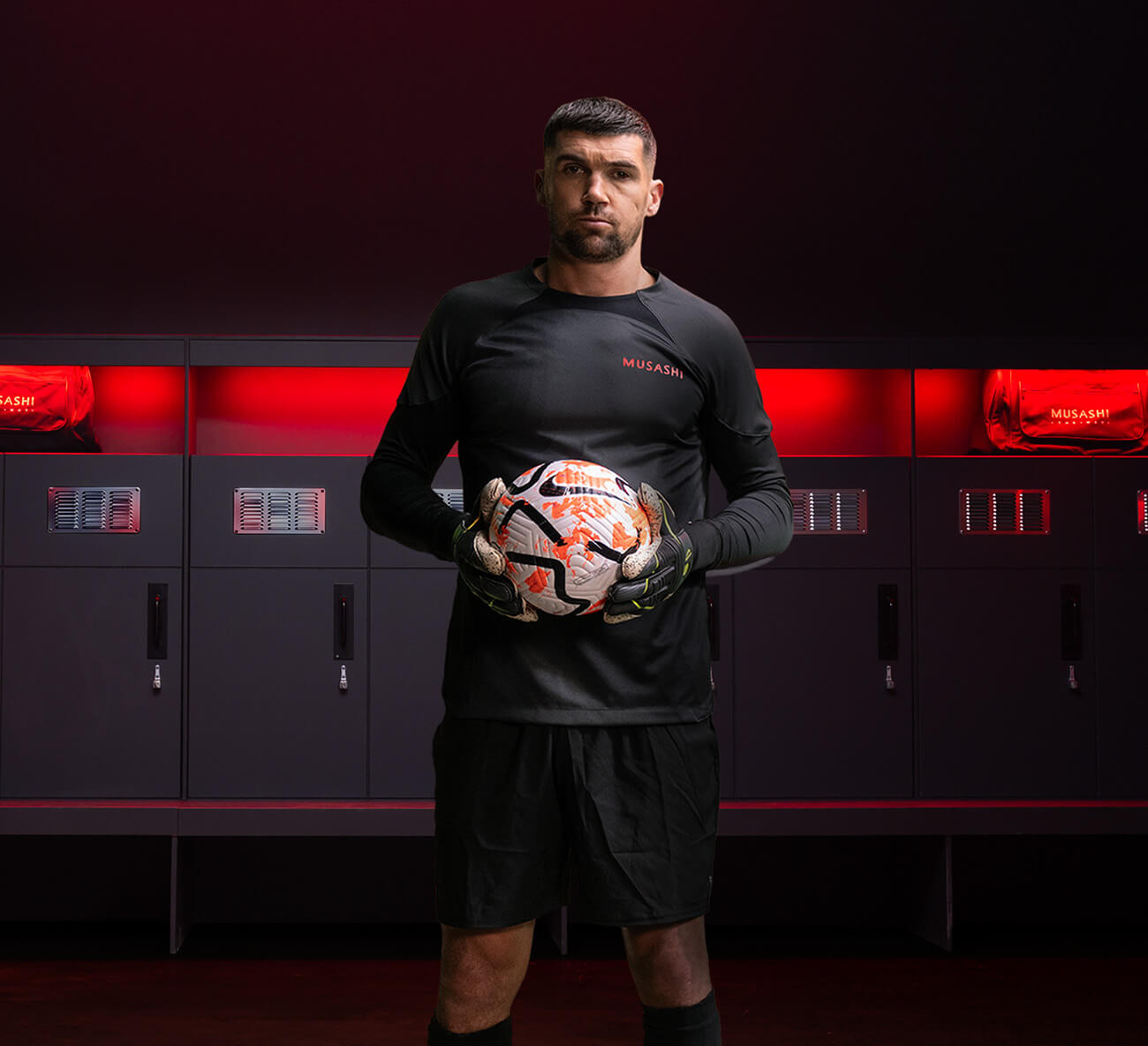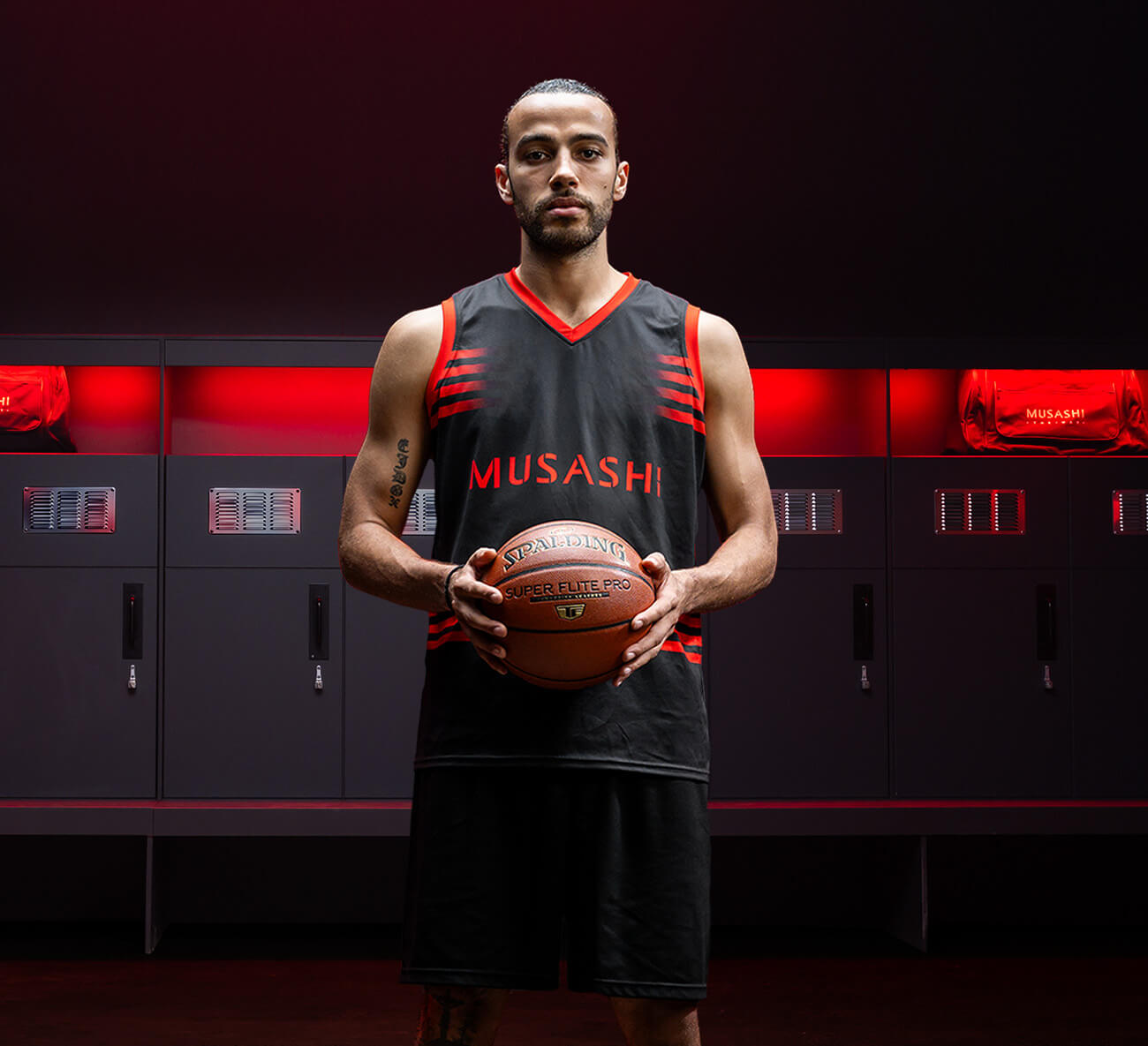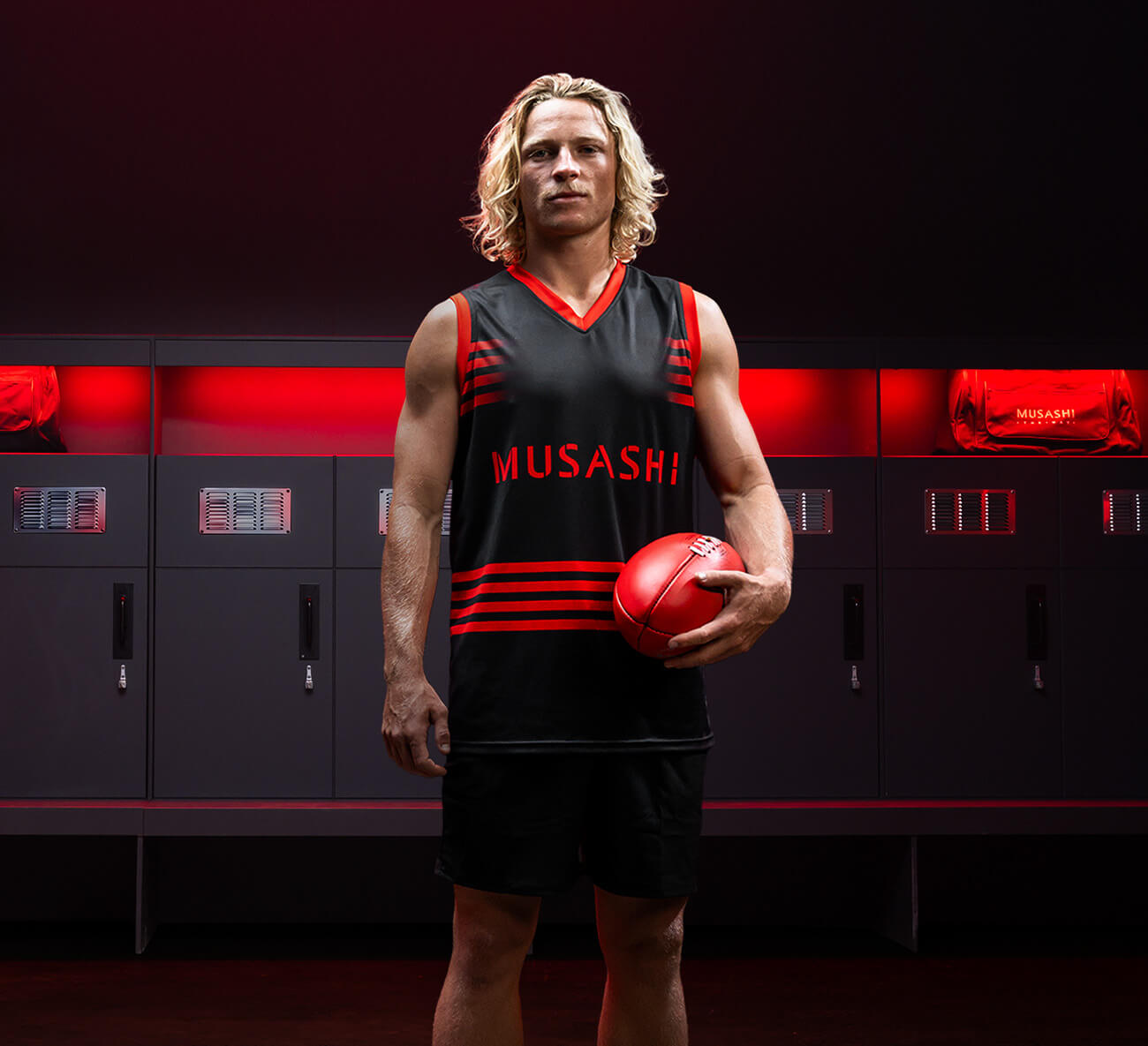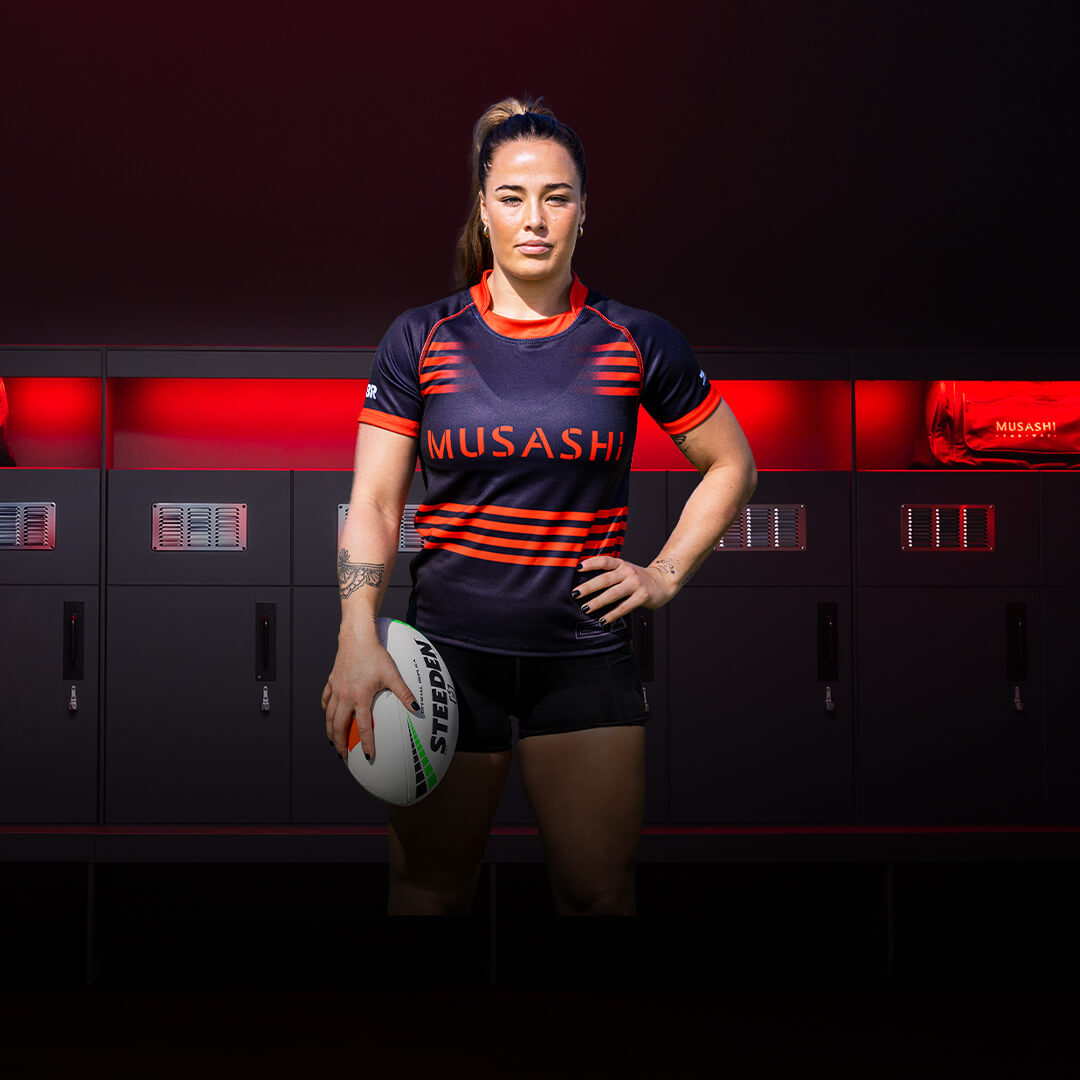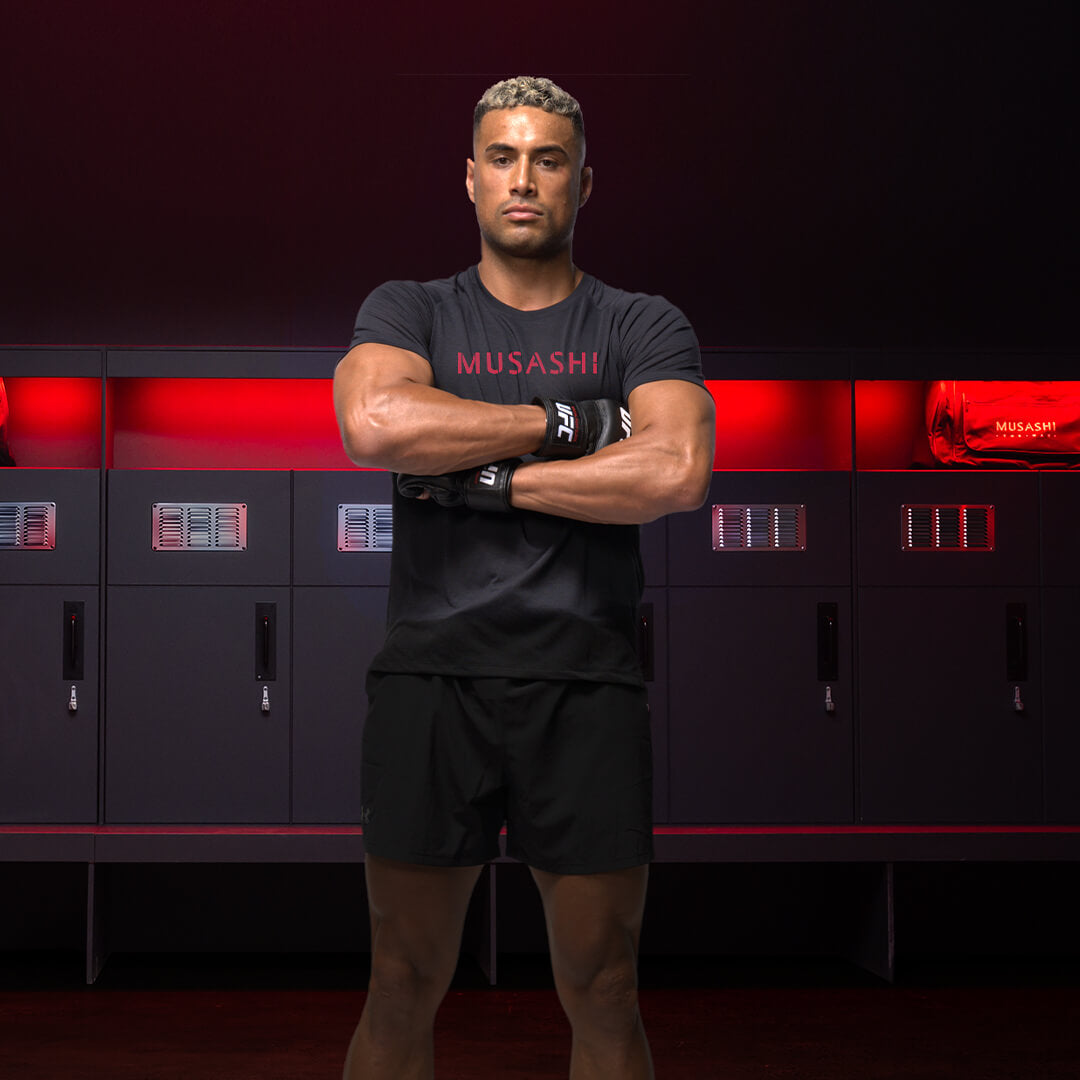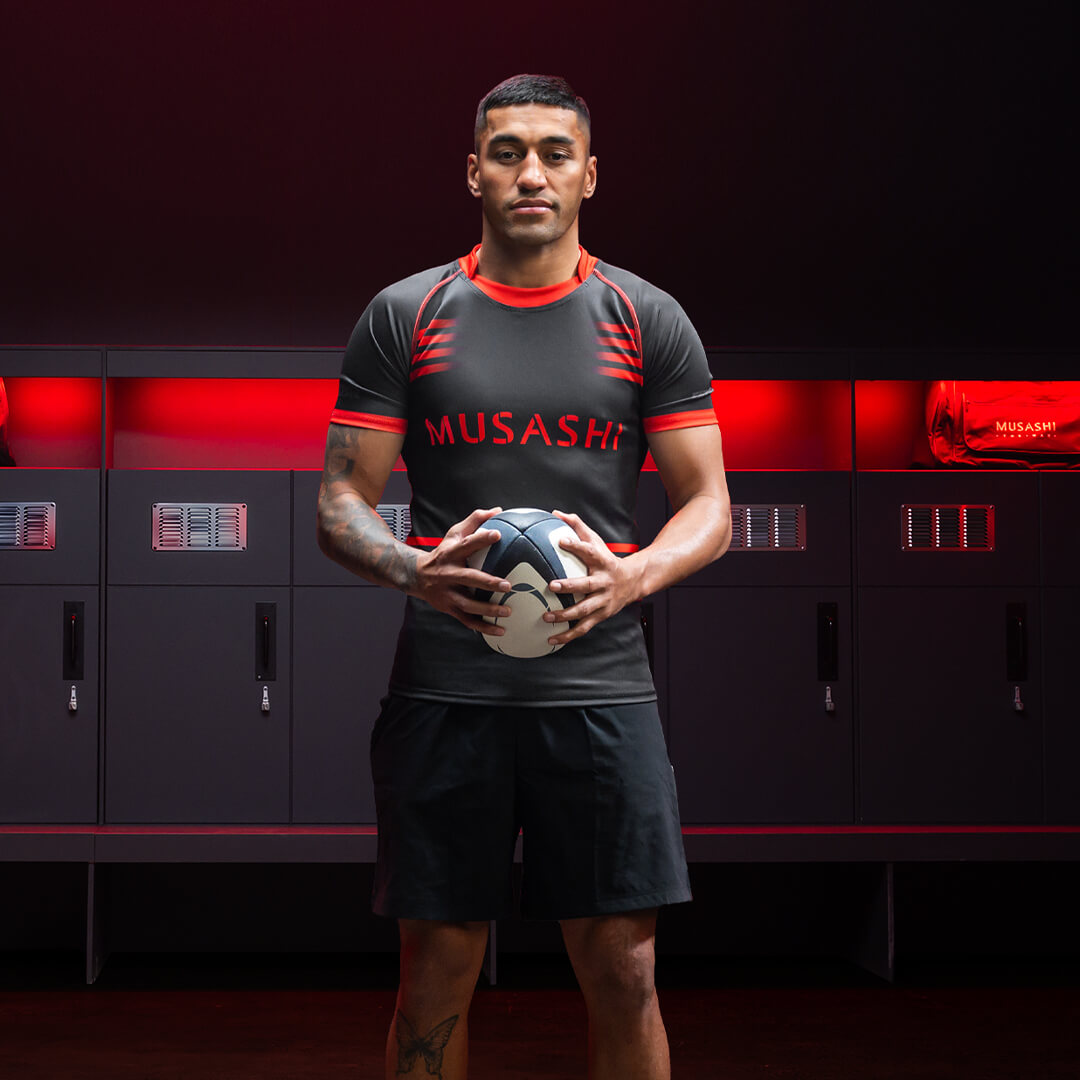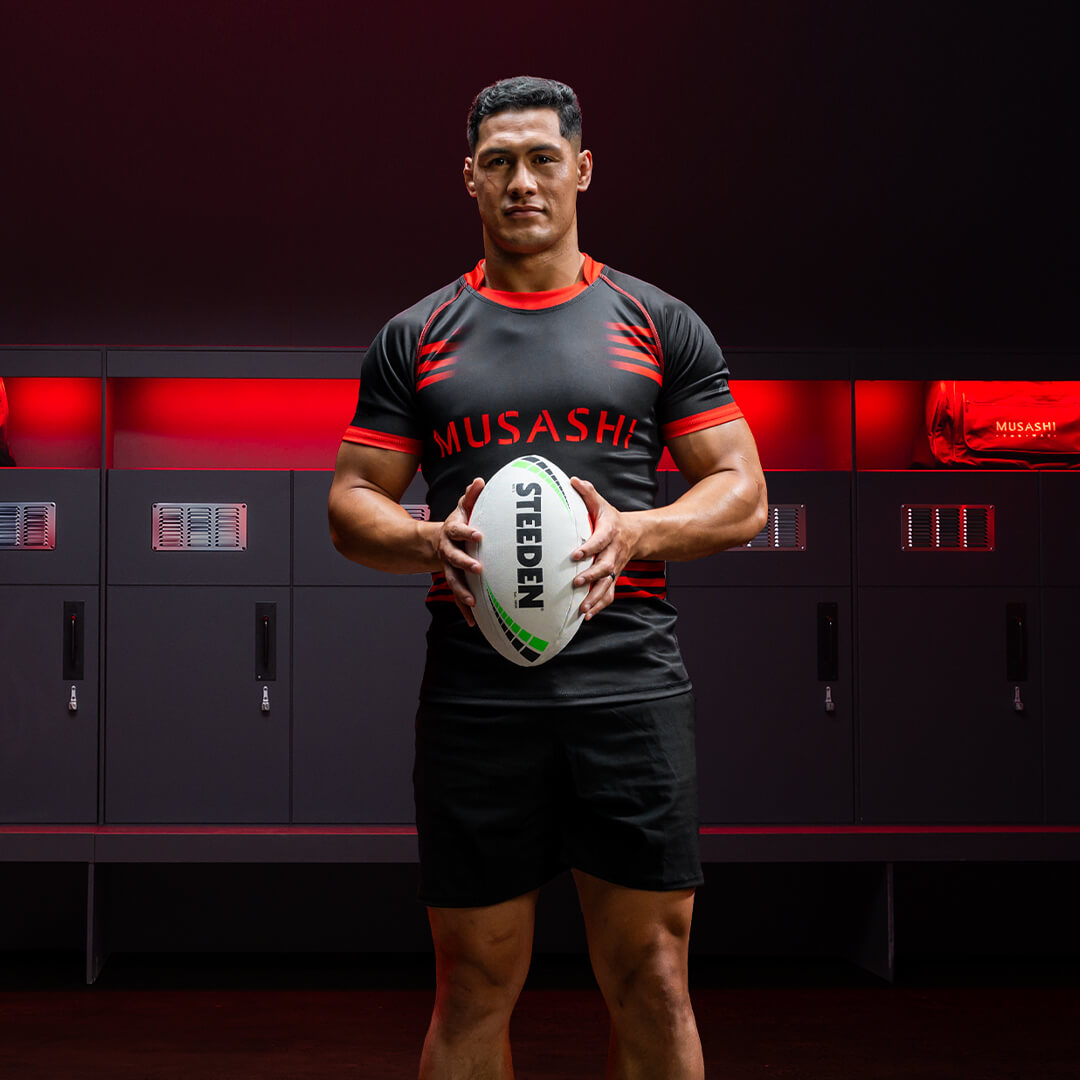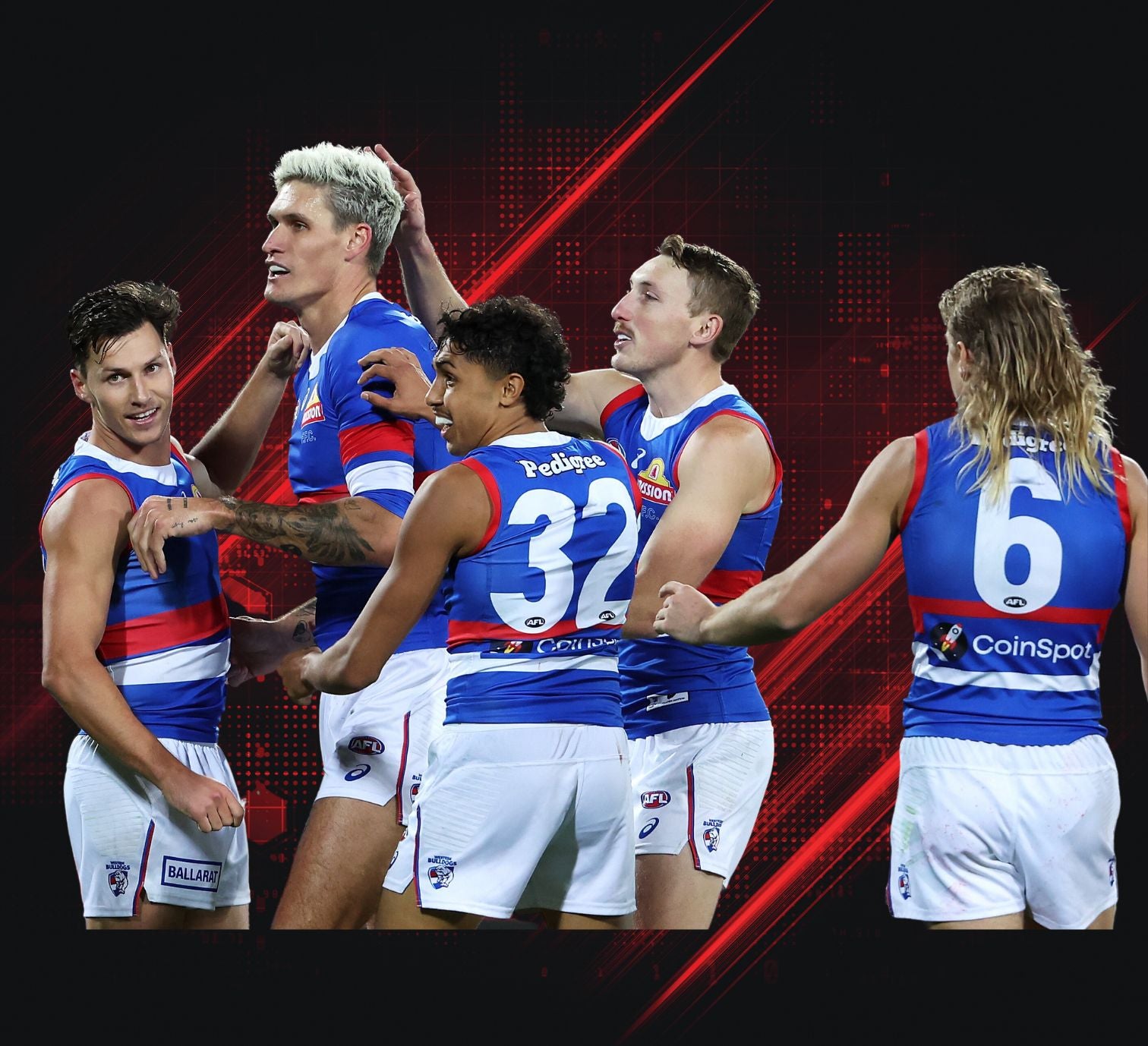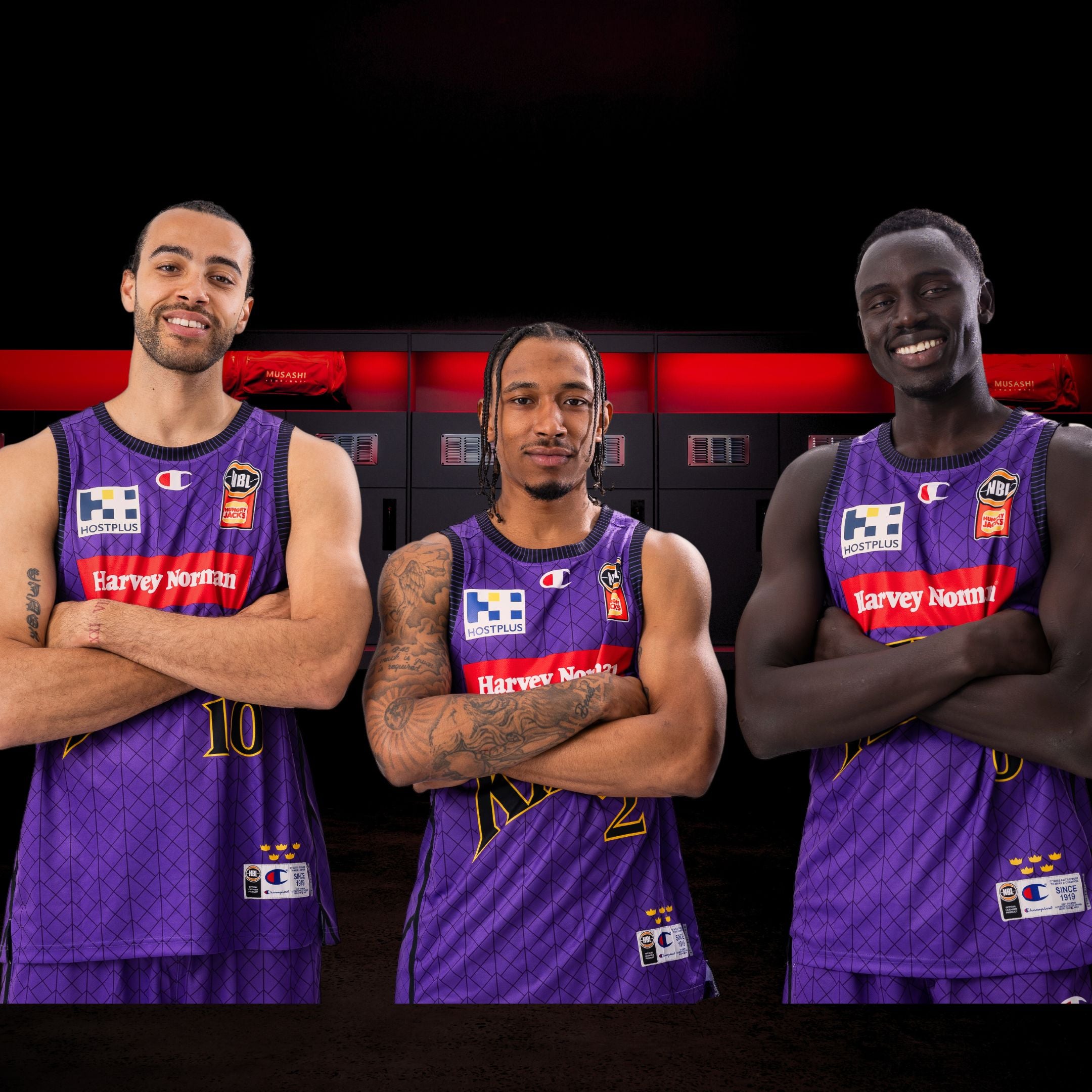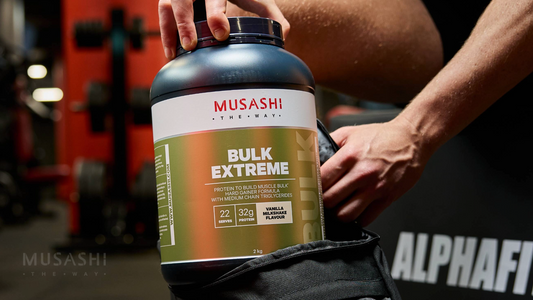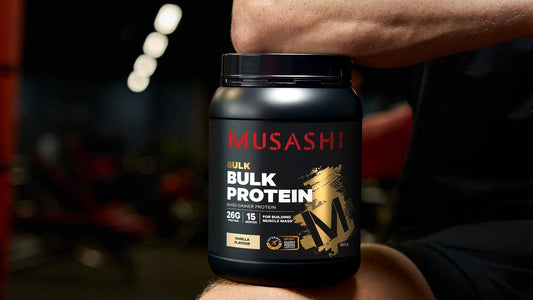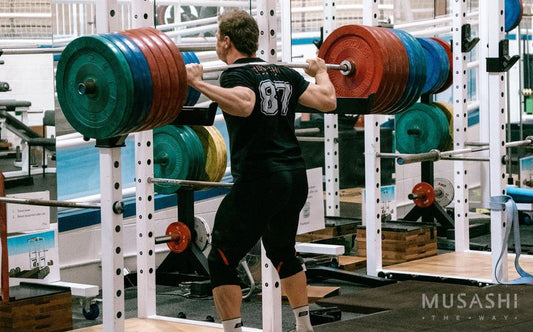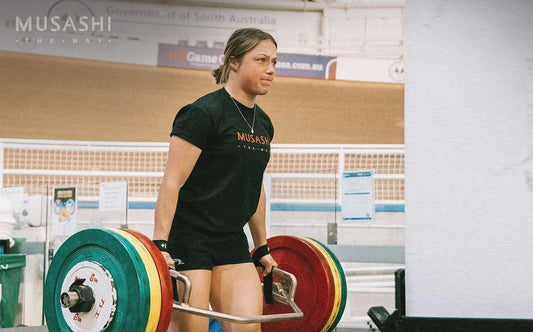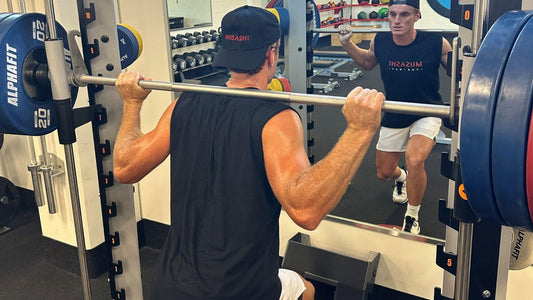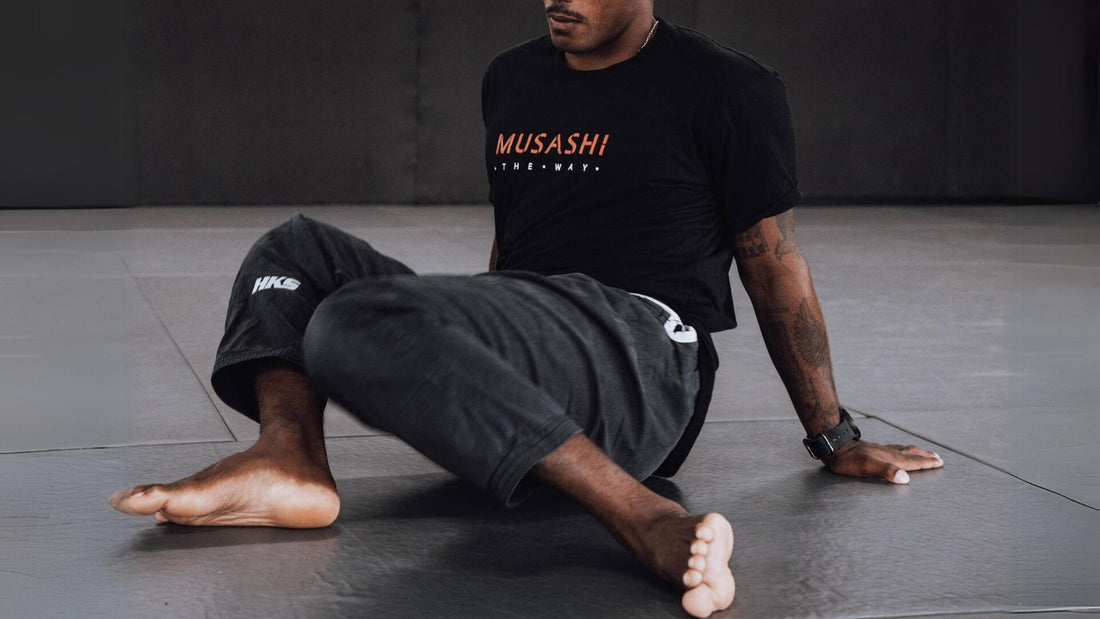
It appears a lot of serious strength training enthusiasts overlook the importance of stretching. Perhaps even believing it is a waste of time, they are keen to get stuck into ‘real’ training or worse, think that it hinders strength and muscle gains as well as athletic performance. Personal Trainers often recommend stretching is more helpful than damaging, if you look at the facts, you can make an informed decision on whether or not you need to stretch. Most gyms have designated stretch areas with a few mats and a couple of swiss balls or medicine balls available to use. Using this facility is an important part of your flexibility training which is an essential component for improving your results in the gym.
What Does Flexibility Mean?
Flexibility means the ability for joints to move through unrestricted pain-free, range of motion. This range of motion (ROM) influences how far the muscles are lengthened (stretched). Basically, if you want to work the entire muscle then you have to use the entire muscle. For example, when performing the bicep curl, you should begin and end each rep with your arm straight. At the top of the movement, your forearm should be flat against your bicep. Using a full range of motion will result in better muscle balance, joint stability and overall results.
Can Stretching Prevent Injury?
There is no conclusive evidence to support claims that stretching will prevent injuries and therefore stretching recommendations are often clouded by misconceptions and conflicting research. There is no doubt though, flexibility helps the performance in many sports, gym training and everyday life. Personal Trainers believe that starting your session with a 5-minute cardiovascular warm-up followed by a stretching session is preferable. This combination increases blood flow and muscle temperature. Stretching cold muscles can increase the chance of injury.
What Are Dynamic and Static Stretches?
Dynamic stretches - often referred to as mobility stretches are those that mimic the movement you might do in sport e.g. 10 reps of high kicks or knee to chest. Whereas static stretches are ones that you hold without movement, usually at the end-range of the muscle for a period of time e.g. quad stretch. Static stretching is the one that seems to have the bad reputation with bodybuilders and strength athletes. Some see it as hindering performance, while others believe static stretches can improve functional strength.
Post-exercise stretching is also important. Your post-exercise stretch routine should cover all of the major muscle groups that were used in the sport or activity you performed in your session and each stretch should be held for between 1-2 minutes. Without full ROM (Range of Motion), it is impossible to get the most out of your strength workout. When you look around the gym it is amazing how few people can actually perform a squat with good alignment and full ROM.
Flexibility helps you get the most out of your squat while helping to reach your goals even faster. You can also use your stretching time to start your recovery nutrition. Use this time to sip on your Musashi 100% Whey Protein Shake while you wind down and stretch the working muscles.

